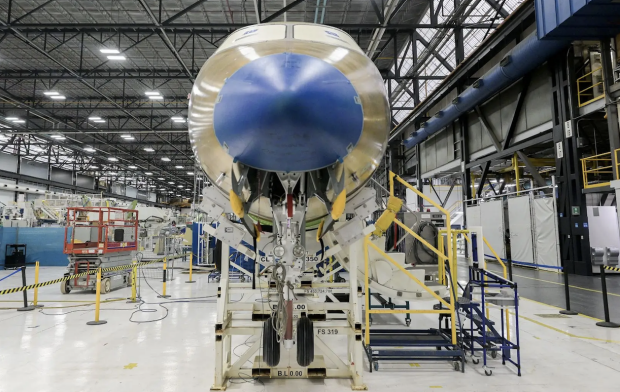program
Certificate in Decarbonization of Aerospace
Aerospace companies are investing heavily in sustainable fuels and technologies to meet ambitious decarbonization targets. Yet many engineers lack the training to work with these emerging systems.
The Certificate in Decarbonization of Aerospace closes this gap by connecting chemical and aerospace engineering principles with the practical methods needed to design low-carbon aircraft systems. Through this 15-week program offered by the Concordia Institute of Aerospace Design and Innovation (CIADI), you’ll gain the knowledge and application techniques to contribute directly to decarbonization projects and advance your career in a transforming sector.
Who should attend
Aerospace, mechanical, and chemical engineers looking to expand their expertise
Recent engineering graduates looking to stand out in the job market
Professionals aiming to transition into sustainable aviation or advanced air mobility
Engineers seeking skills aligned with industry priorities in decarbonization
Learners motivated to take on a demanding but career-advancing challenge
Key takeaways
Acquire practical knowledge of sustainable fuels, hydrogen, and energy storage technologies for aviation decarbonization
Understand the chemical and aerospace engineering principles behind low-carbon aircraft systems
Evaluate fuel sustainability through life cycle assessment and apply methods to reduce emissions
Contribute to projects in decarbonization and advanced air mobility with confidence
Advance your career prospects by gaining decarbonization expertise not covered in traditional engineering programs but sought by leading aerospace companies
Program structure
This 15-week certificate includes a weekly 1-hour live online session and about 3-4 hours of learning activities per week. You will work on assignments that reflect real engineering work, including propulsion analysis, case studies on sustainable fuels and hydrogen, and a capstone presentation. This approach helps you master technical knowledge and communicate solutions effectively in professional contexts.
Note: A CEGEP-level understanding of engineering, chemistry, calculus, and basic programming is preferred but not required.
Program instructors

Dr. Sixu Deng, PhD, EIT

Dr. Marc-Antoni Goulet, PhD

Dr. Melanie Hazlett, PhD, PEng


Dr. Yaser Khojasteh, PhD





